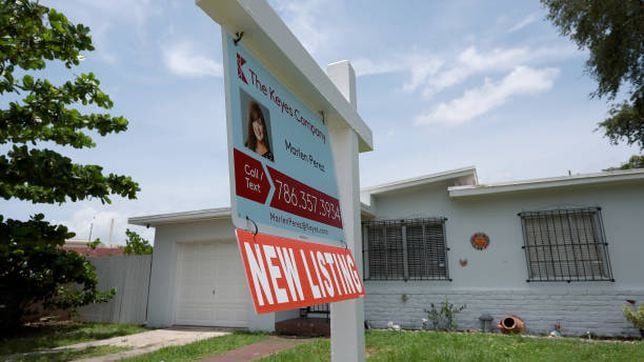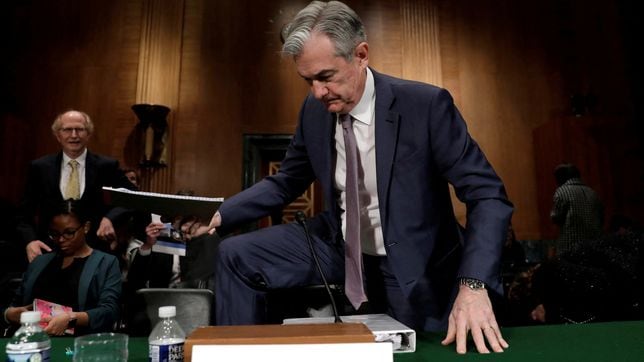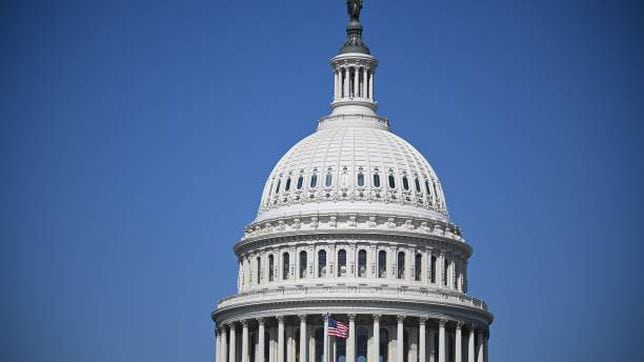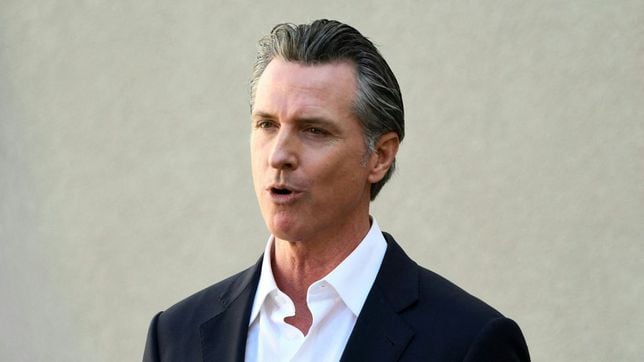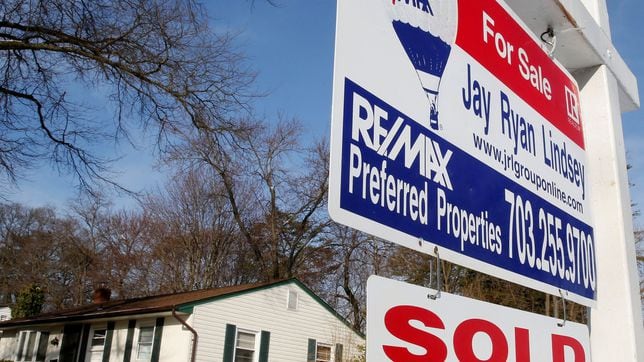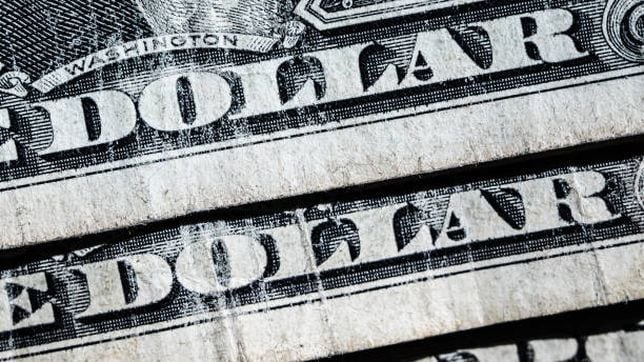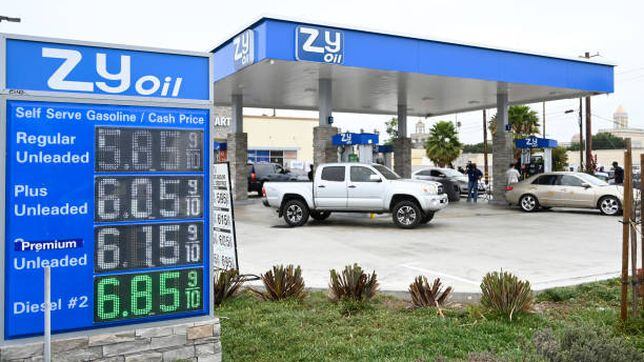USA finance and payments summary news: 2 july
Fed chair Jerome Powell said that the pandemic may have permanently altered the economy, here’s all the latest financial news and information from the US.


Show key events only
Headlines: 2 July 2022
- The first six months of 2022 represent the worst half year open in decades, with markets down 20 percent since January
- Concerns grow that the overpriced housing market could be creating a bubble
- Federal Reserve provides "no guarantee" that increasing interest rates will not increase unemployment
- Bitcoin has lost half of its value since January, now trading at $19,185.49
- New proposal to increase Social Security benefits by $2,400 a year circulates on Capitol Hill
Helpful links & Information
- Residents in which states and cities are going to receive a stimulus check?
- Where are home pricesexpected to drop in the US over the next year?
Check out some of AS USA's related news articles:
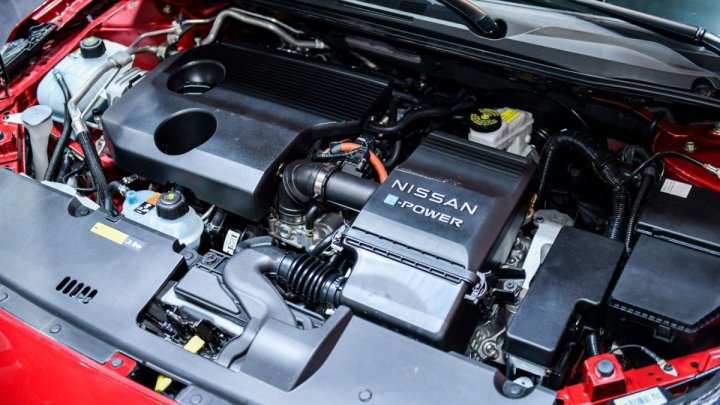
U.S. factory activity slows to two-year low as clouds gather
U.S. manufacturing activity slowed more than expected in June, with a measure of new orders contracting for the first time in two years, signs that the economy was cooling amid aggressive monetary policy tightening by the Federal Reserve.
The survey from the Institute for Supply Management (ISM) on Friday also showed a gauge of factory employment contracting for a second straight month, though an "overwhelming majority" of companies indicated they were hiring.
The slowdown in manufacturing followed moderate consumer spending growth in May along with weak housing starts, building permits and factory production, which left some economists anticipating that the economy contracted again in the second quarter following a slump in gross domestic product in the first three months of the year. Another decline in GDP would not necessarily indicate a recession unless the economy suffers deep job losses.
"This does not suggest that a recession is on the way yet, but growth conditions continue to decelerate broadly in response to Fed tightening and extended cost pressures for consumers and businesses," said Ben Ayers, a senior economist at Nationwide in Columbus, Ohio.
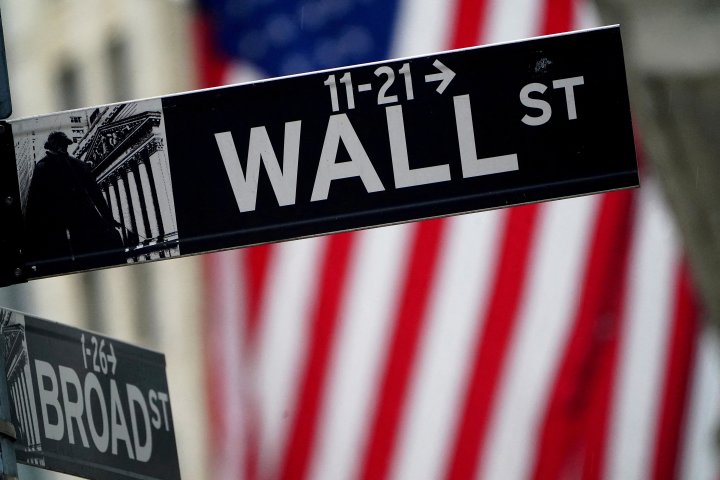
Wall St slides, Dow set for worst first-half since 1962
U.S. stocks slipped setting the Dow up for its worst first six months since 1962, on concerns that a dogged pursuit by central banks to tame inflation would hamper global economic growth.
Fears over slowing growth and surging prices have rippled through markets, with recession worries taking center stage as monetary policymakers across the world look to aggressively raise borrowing costs.
Federal Reserve Chair Jerome Powell on Wednesday vowed to not let the U.S. economy slip into a "higher inflation regime", even if it means raising interest rates to levels that put growth at risk.
The tech-heavy Nasdaq Composite came off session lows but was still set for its largest declines ever for the first-half, while the benchmark S&P 500 tracked its biggest January-June percentage drop since 1970.
All the three main indexes are on course to post their second straight quarterly declines for the first time since 2015.
Fed policymakers in recent days have set expectations for a second 75-basis points interest rate hike in July even as economic data painted a dour picture of the American consumer.
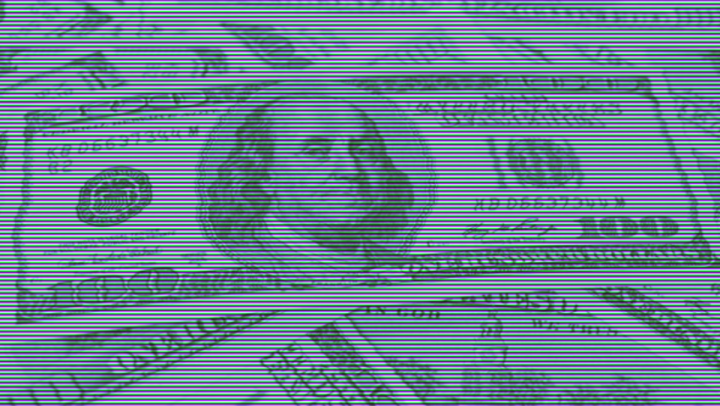
Factory data dampen global economy hopes for ‘soft landing’
Global manufacturing struggled in June as higher prices and a darker economic outlook left consumers wary of making purchases, while China's strict COVID-19 lockdowns and Russia's invasion of Ukraine added to supply chain disruptions, surveys showed.
From the United States to the euro zone, activity at factories slowed to levels last seen during the initial wave of the pandemic. They were the latest signs pointing to the risk of all-out recession in the global economy, coming after the world's top chipmakers said they were facing waning demand and as central bankers warned of painful interest rate hikes ahead.
"Between central banks digging their heels in to counter inflation and growing fears there is absolutely no path to a soft landing for the global economy, there are few, if any, places to hide," said Stephen Innes at SPI Asset Management.
The slowdown in the United States was accompanied by declines in new orders and employment. The Institute for Supply Management's index of national factory activity dropped to 53.0 last month, the lowest reading since June 2020, from 56.1 in May. Its measure of new orders contracted for the first time in two years, while employment remained weak.
The picture was equally gloomy in the euro zone, where manufacturing output also slowed. S&P Global's manufacturing Purchasing Managers' Index (PMI) fell to 52.1 in June from May's 54.6, its lowest level since August 2020.
"We doubt the outlook for manufacturing will improve any time soon," said Andrew Hunter, a senior U.S. economist at Capital Economics. "While the latest PMI surveys from China suggest manufacturing activity there is rebounding rapidly as lockdowns are lifted, that acceleration is unlikely to be sustained."
IRS issues scamming warning
The Internal Revenue Service issues a warning against online scammers who can often sound convincing, using bogus names and IRS ID numbers.
The July Fourth weekend is here and many people will be taking the advantage of the three-day holiday to catch up with friends and family. After two years of pandemic-affected festivities people across the country will be returning to in-person celebrations.
Here’s some of the best discounts and freebies on offer this Fourth of July…
NFT sales plunge as 2022 destroys market
NFT stands for “non-fungible token,” and it can technically contain anything digital, including drawings, animated GIFs, songs, or items in video games.
Sales of NFTs totalled just over $1billion in June, according to the crypto research firm Chainalysis, their worst performance since the same month last year when sales were $648m. Sales reached a peak of $12.6bn in January.
Those who depend on Social Security benefits are being hit especially hard by inflation. While, the historic 5.9 percent COLA increase announced last year has helped but inflation has continued to undermine the boost in payments that began in January.
Based on the Consumer Price Index for Urban Wage Earners and Clerical Workers (CPI-W), used to determine the COLA each year has tracked significant increases in prices since the 2023 increase was announced.
Based on our calculations, if the COLA were to be announced based on the increases seen between October and May would land beneficiaries with a 6.9 percent increase to their benefit amounts.
What could happen to fuel prices over this weekend?
Little bouts of relief here and there are going to be common this summer, but we may not also be done with the fireworks yet... As we go into the July for weekend, it's possible that prices could bottom out at some point next week, and they may inch up a little bit, just depending on what happens between now and then. It's been very difficult to predict beyond a week or two.
Prices for fuel have reached their peak, so far, of $5.01 a gallon as a US average on June 14. There has been a slight decrease over the last two weeks with the average cost of a gallon sitting around the $4.82 mark. This is partly due to the sheer number of drivers of the road as we enter July fourth weekend. Record numbers are expected to take to the roads to be with family and celebrate.
What would $10,000 student debt relief look like?
It is expected that a threshold for the $10,000 relief would be limited to people earning less than $150,000 a year, so 97 percent of graduates would qualify for the plan. This would put the cost of the forgiveness at $230 billion.
Worlds richest lose billions of dollars in 2022
An update to the Bloomberg Billionaire Index has shown billionaires have lost a combined $1.4 trillion in the first six months of 2022.
Mark Zuckerberg, whose total net worth is about $60 billion, had begun the year with more than $100 billion, the news outlet noted. Elon Musk, whose total net worth is $210 billion, lost close to $62 billion during that same time period.
The index can be found here.
Of the one hundred most populated metro areas all have seen increases in property values over the last year. On average house prices increase between 3.5 and 3.8 percent a year. This year that average has shot up to 18.5 percent, with a median of 17 percent.
Electric vehicle prices going up due to increased costs and high demand
A record number of electric vehicles were sold last year and expectations are that 2022 will be see even more car shoppers opting for EVs. The high cost of gas, topping $5 per gallon on average nationally, has been helping to drive demand.
However, the car industry has been struggling with disrupted supply chains and a semiconductor chip shortage due to the ongoing covid-19 pandemic. This has meant low production numbers of all vehicles and higher costs.
To offset this carmakers are raising prices on all their vehicles, but even more for EVs. This is due to the cost of materials needed to make the batteries, such as lithium, cobalt and nickle, have doubled in price since the pandemic. Likewise, with demand so high manufacturers are looking to cash in on consumers keen on adopting the new technology.
In the first sixth months of this year, the stock market lost a fifth of its value, and inflation increased by three percentage points.
Gas prices remain high, the remaining impacts of the covid-19 pandemic on global supply chains, and increasing interests rates have created a tense economic environment.
Department of Labor releases unemployment claims report
Over the last week, the Department of Labor tracked around 231,000 initial unemployment claims, down 2,000 from last week.
Looking at the total number of claims, the number has fallen by 3,000 to 1,328,000.
States with the largest increase in the number of initial claims include: Michigan (+1,849), Texas (+1,350), New Jersey (+897), Connecticut (+863), and Puerto Rico (+860).
European inflation reaches record height
Consumers in the United States have suffered the consequences of high inflation in recent months but the US is far from the only nation struggling with rapid price rises. The European Central Bank (ECB) has confirmed that continent's inflation rate has soared to 8.6%, the faster ever recorded.
Interestingly the ECB is reacting in a similar way to Federal Reserve, the US central bank, responded to price rises. Raising interest rates discouraging borrowing and incentivises saving, something which is hoped to cool the economy and bring down prices for consumers.
Given the increase in gasoline prices, as well as food prices, several states in the US have approved legislation to distribute stimulus checks or tax refunds to their residents as a relief from the current economic situation.
States and cities like Chicago, Maine, Iowa and Indiana will send checks valued between $850 to $1,700 in July.
How much is the California gas tax rebate worth?
Last month California Governor Gavin Newsom announced that the state legislature had approved a huge tax rebate, expected to reach some 23 million residents. The effort comes as Californians are struggling with the highest gasoline prices in the country, with some places charging as much as $9 per gallon. Also a major concern is the high price of household essentials like groceries. Critics have argued that the proposed timeframe for the money to arrive, potentially as late as October, offers little relief for those who are struggling desperately now.
Welcome to AS USA!
Good morning and welcome to AS USA! We'll be bringing you all the latest economic news and information right here, in our dedicated finances live feed.
